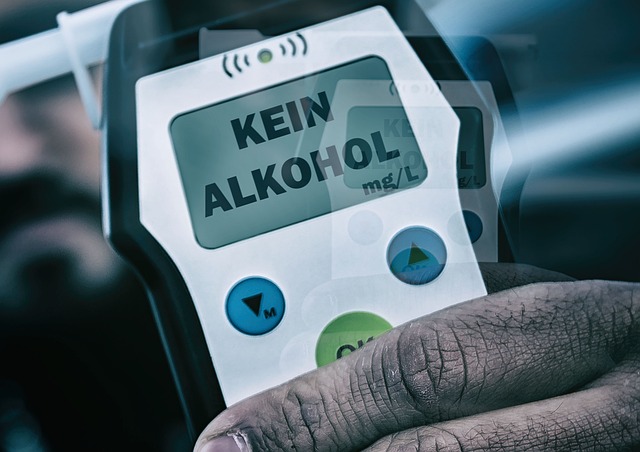Teen DUI convictions carry severe legal and social implications, including significant fines, jail time, license suspension, and impact on education and employment opportunities. For immigrant teens, these can lead to immigration status issues like license delays or deportation. Rehabilitation programs focus on long-term behavioral change, providing counseling, career guidance, and community engagement to overcome DUI consequences and rebuild lives. Early legal guidance and support groups help manage immigration risks, allowing teens to concentrate on recovery and reintegration.
Teen Rehabilitation Back on Track: Navigating the Complexities of Youth Addiction and Justice. In today’s digital era, teen DUI (drunk driving under age 21) is a growing concern, with severe immigration consequences. This article delves into the hidden impact of immigration on young offenders, exploring successful rehabilitation programs that redefine success beyond incarceration. We present strategies for long-term recovery, emphasizing community support and education to prevent future cases and help teens stay on track.
- Understanding Teen DUI: A Growing Concern
- Immigration Impact: The Hidden Consequence
- Rehabilitation Programs: Redefining Success
- Back on Track: Strategies for Long-Term Recovery
Understanding Teen DUI: A Growing Concern

Teen DUI, or driving under the influence, is a pressing issue that has severe ramifications, especially for immigrants. With the increasing number of young people engaging in this dangerous behavior, understanding its implications is crucial. The consequences can be life-altering, impacting not only the teen but also their family and future prospects.
In many cases, Teen DUI leads to legal troubles, including heavy fines and potential jail time. For immigrants, these repercussions can have far-reaching effects on their immigration status. DUI convictions may result in license suspension or revocation, making it challenging for teens to maintain their independence and access to education or employment opportunities, which are vital for their integration into society and building a secure future.
Immigration Impact: The Hidden Consequence

The immigration consequences of DUI convictions can be a hidden and often overlooked aspect of teen rehabilitation, especially for those who are not citizens or permanent residents. When a teenager faces a DUI charge, it can have significant implications on their immigration status. These outcomes range from delays in obtaining licenses to potential deportation, depending on the severity of the offense and individual circumstances.
Understanding these hidden consequences is vital as it significantly impacts the path to recovery. Many young immigrants may face additional barriers when attempting to reintegrate into society after a DUI. With proper support and legal guidance, navigating these challenges can help teens regain control of their lives and prevent further escalation of legal issues related to immigration status.
Rehabilitation Programs: Redefining Success

Rehabilitation programs for teenagers, particularly those facing DUI charges, offer a transformative journey back to a productive life. Success within these programs isn’t measured solely by refraining from substance abuse but also by long-term behavioral change and personal growth. Participants are equipped with essential coping strategies, anger management skills, and educational support to navigate the challenges that led to their initial decisions.
Redefining success in rehabilitation means empowering teens to overcome the Immigration Consequences of DUI convictions, often a significant barrier to reintegration. Through individualized counseling, career guidance, and community engagement, these programs foster resilience, enabling young individuals to rebuild their lives with renewed purpose and confidence.
Back on Track: Strategies for Long-Term Recovery

For teens navigating the path to long-term recovery, implementing effective strategies is crucial. One key aspect involves addressing potential immigration consequences stemming from DUI convictions. In many jurisdictions, these convictions can have severe implications for young individuals, especially those with undocumented status. Understanding and mitigating these risks are essential steps in fostering successful rehabilitation.
By seeking legal guidance early on, teens can explore options to lessen the impact of a DUI on their immigration status. This may include deferral programs or applications for relief from deportation, allowing them to focus on personal growth without the looming threat of removal. Additionally, connecting with support groups and therapists who specialize in both youth issues and immigration matters can provide a comprehensive approach to recovery, ensuring teens receive holistic care tailored to their unique challenges.
Teenagers facing DUI charges often encounter a complex web of challenges, including potential immigration consequences. As highlighted in this article, successful rehabilitation programs are transforming lives by redefining success and implementing strategies for long-term recovery. By understanding the hidden implications of DUI convictions and immersing oneself in comprehensive support systems, teens can navigate their path to sobriety and overcome the immigration repercussions that often accompany these charges. This holistic approach ensures a brighter future, where individuals not only regain control but also thrive in their personal journeys.






